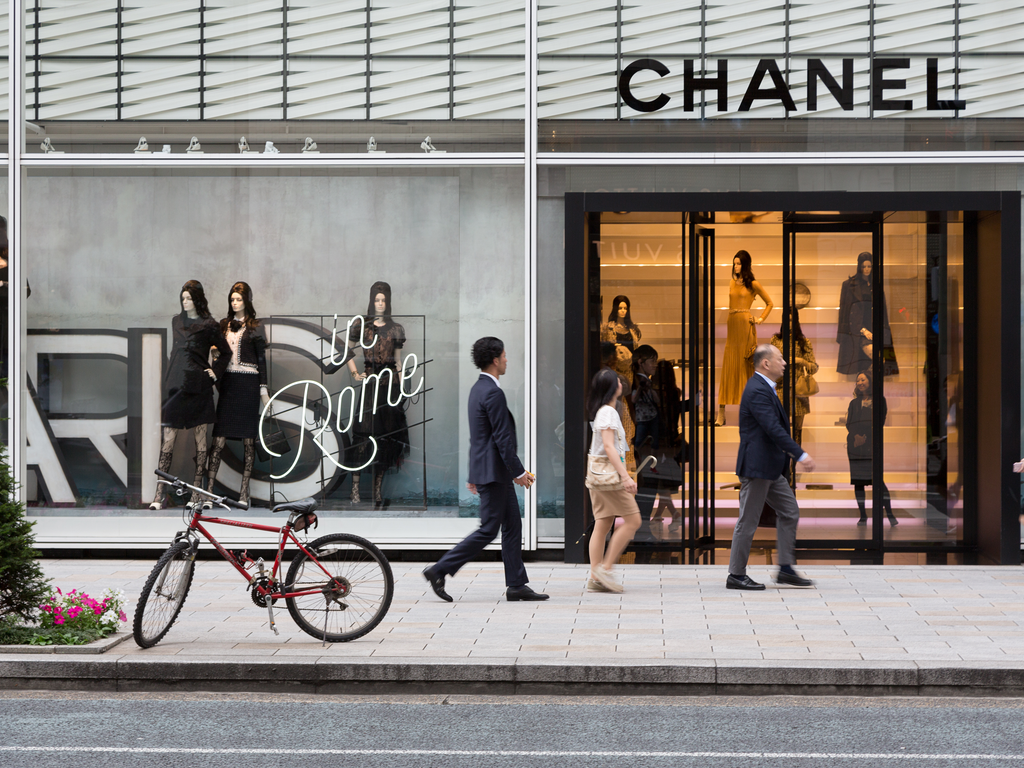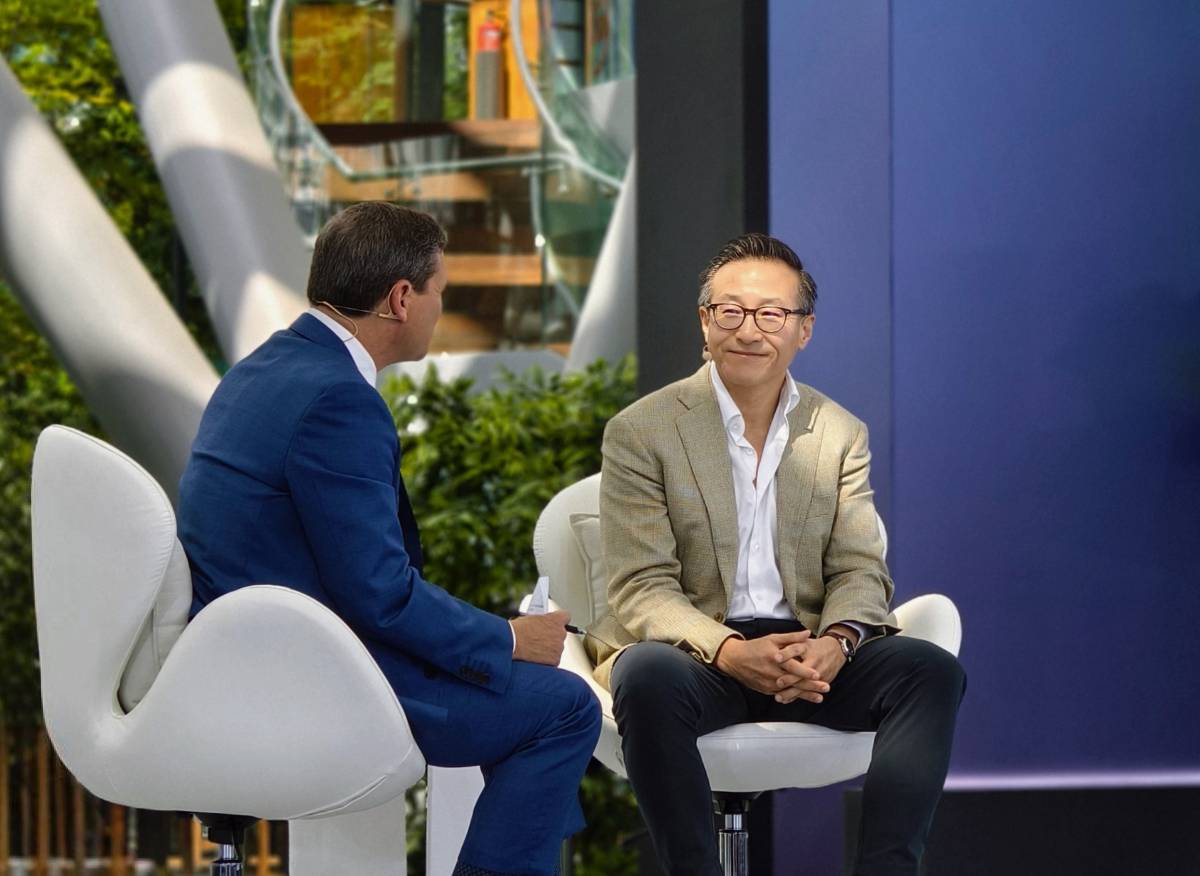
Mainland China is on track to become the world’s largest personal luxury market by 2025, according to a joint report by consultancy Bain & Co. and Alibaba’s Tmall Luxury unit.
Released Wednesday in Shanghai, the report – titled, China Luxury Report 2020: New Growth for China’s Luxury Goods Market – highlighted key luxury trends in China.
Repatriation Driving Up a Domestic Luxury Boom
Mainland China’s luxury market is experiencing a period of strong growth amid a global slowdown in the sector this year. The market, which is valued at 346 billion RMB ($53billion), recorded 48% year-over-year growth in 2020.
China’s domestic luxury boom has been driven by the repatriation of spending that took place during overseas trips in a pre-Covid world. The report noted that Chinese luxury consumers are making 70-75% of their purchases inside mainland China, up from just 32% last year, due to international travel limitations.
“Through the Covid-19 pandemic, we have seen the global luxury goods market shrink, as economic and social considerations have limited access. However, in China this market has rebounded post-lockdown,” said Bruno Lannes, Partner of Bain’s China consumer goods and retail practice and one of the report’s co-authors. “While some of that was due to the inability to travel and shop abroad, we expect the trend of shopping online for luxury in China to continue to drive future growth in the market.”
Digitization and “New Retailization” of Luxury
The pandemic has accelerated the digitization of the luxury market in China: e-commerce luxury sales have risen over 150% this year, with online penetration almost doubling to 23%.
While the lockdown-driven repatriation may be short-term, the impact Covid-19 has had on how Chinese luxury consumers shop could be here to stay. The report noted that Chinese consumers have overcome “previous hurdles” to digital and “their shopping behaviors have permanently changed.” According to a consumer survey in the report, nearly 40% of consumers plan to increase their online luxury shopping over the next few years.
The pandemic was also a tipping point for more luxury brands to alter their views on digital as an integral part of their strategy to raise brand awareness among Chinese consumers, rather than a mere a sales channel. The study highlighted the visible New Retail efforts by global luxury brands to leverage the digital channel, such as livestreaming to generate more engagement with their offline activities at fine jewelry exhibitions, fashion shows, pop-up stores and new product launches.
“One of the most exciting trends to come out of the luxury market in 2020 has been the ways that brands have actively developed and strengthened their connections to consumers both online and offline,” said Chris Tung, Chief Marketing Officer of Alibaba Group. “Chinese luxury consumers are digitally native, highly sophisticated and expect an elevated shopping experience. Global luxury brands have embraced new digital tools such as livestreaming for consumer education or product presentation.”
Gen-Z and Millennials Shaping China’s Luxury Landscape
Millennials and Gen-Z consumers are the driving force behind this digital acceleration in the luxury sector. Millennials already comprised 75% of Tmall’s luxury sales in the first 10 months of 2020, while Gen-Z luxury consumers are the fastest-growing cohort on the platform. Their importance is only increasing: The report highlighted that nearly three-quarters of consumers in those groups said they would increase or maintain their luxury spending in 2021.
With their increasing spending power also comes their ways of shaping the future of the luxury market in China. For example, Gen-Z consumers who usually make their first luxury purchase at the age of 20, are more motivated than other generations to make luxury purchases as a “pursuit of fashion,” and prefer limited editions and cross-brand collaborations, a Tmall Luxury consumer survey from the report indicated. Luxury brands’ strategy to cater to their preferences seems to be working: Gen-Z consumer spending on cross-collaborations and limited-edition items more-than-tripled during the first 10 months of 2020, Tmall data showed.
For global luxury brands, digital channels will be increasingly important as they engage with these digitally native GenZ and Millennial luxury consumers in China. The Tmall Luxury consumer survey showed that all of the top three information sources for luxury goods are digital for Gen-Z consumers, while the top two out of three sources for Millennials are digital. They are also actively engaging with luxury brands on digital platforms: These two consumer groups generated 2.4 billion impressions and searches on Tmall in September 2020 alone, up almost 100% year-over-year. During this year’s 11.11, some livestreaming session hosted by luxury brands attracted millions of views and interactions on Tmall.
Strong Momentum Ahead
As global conditions return to normal post Covid-19, the report predicted Chinese consumers will remain cautious about long-haul travel and continue to fuel luxury spending at home, which is expected to grow around 30% in 2021.
Digital transformation will be front-and-center for luxury brands to capture opportunities in this future world’s largest luxury market as they cater to the Millennial and Gen-Z consumers who are shaping the landscape.
Sign up for our newsletter to receive the latest Alibaba updates in your inbox every week.




